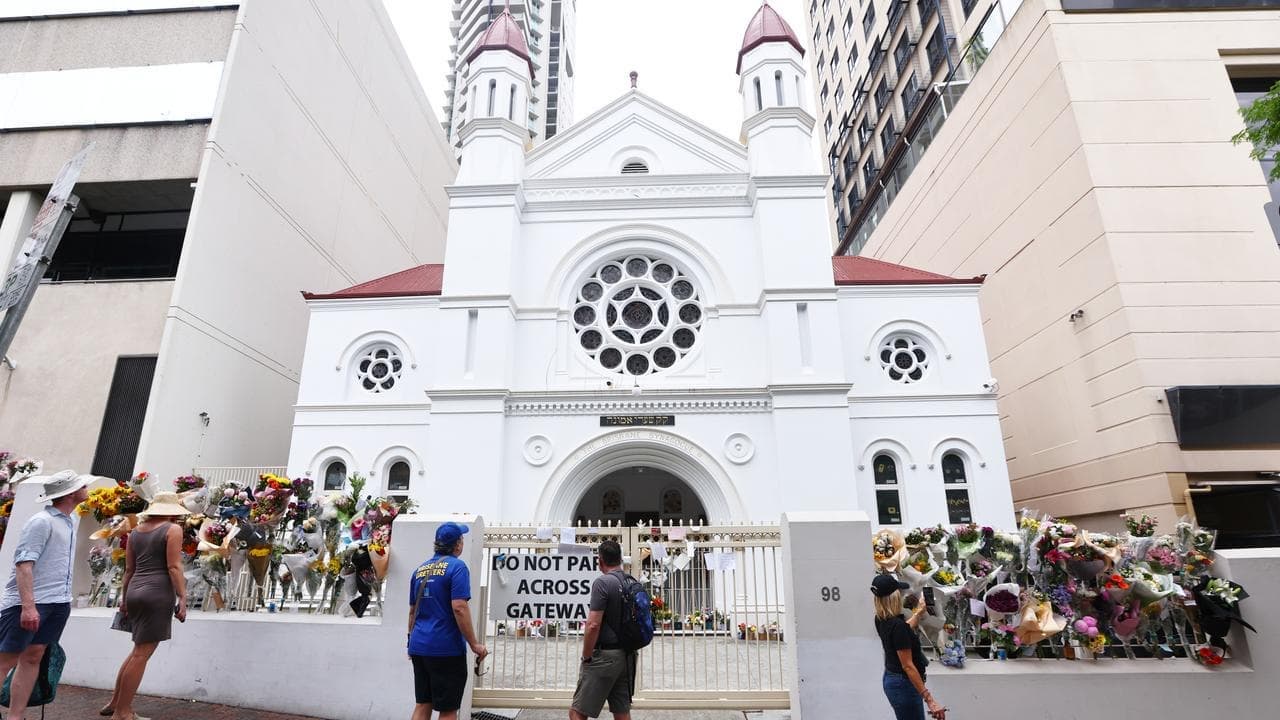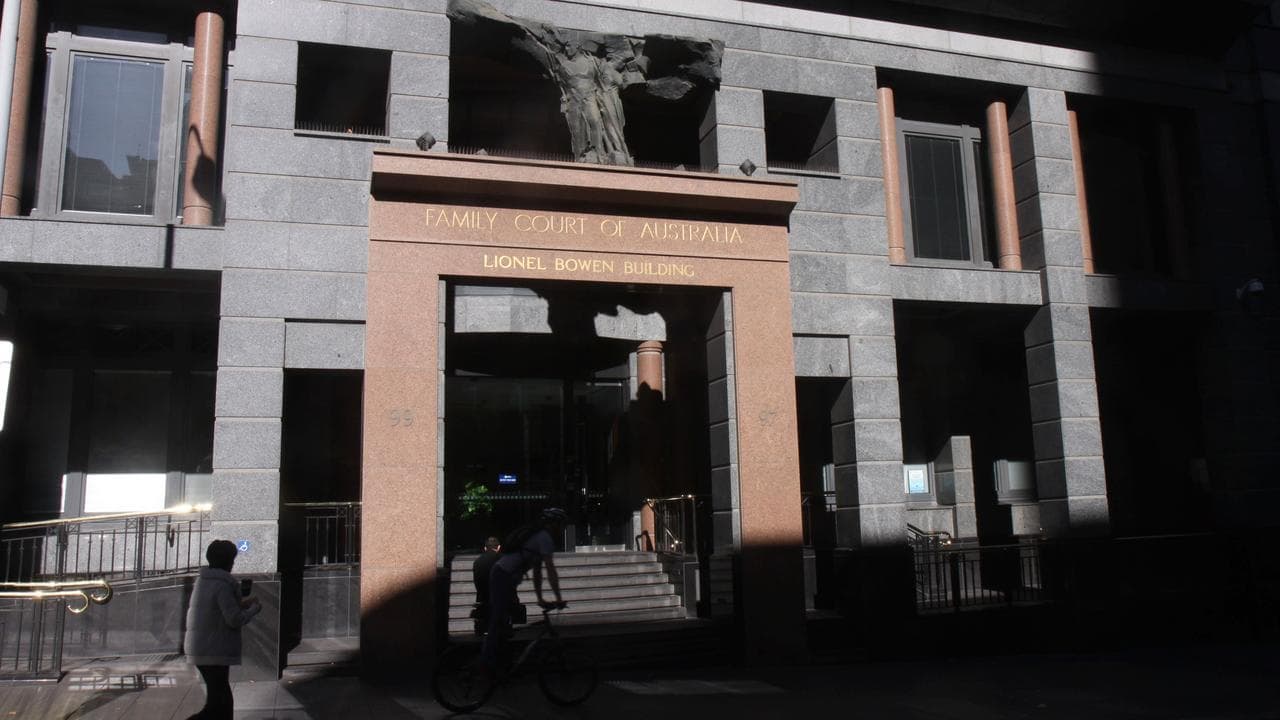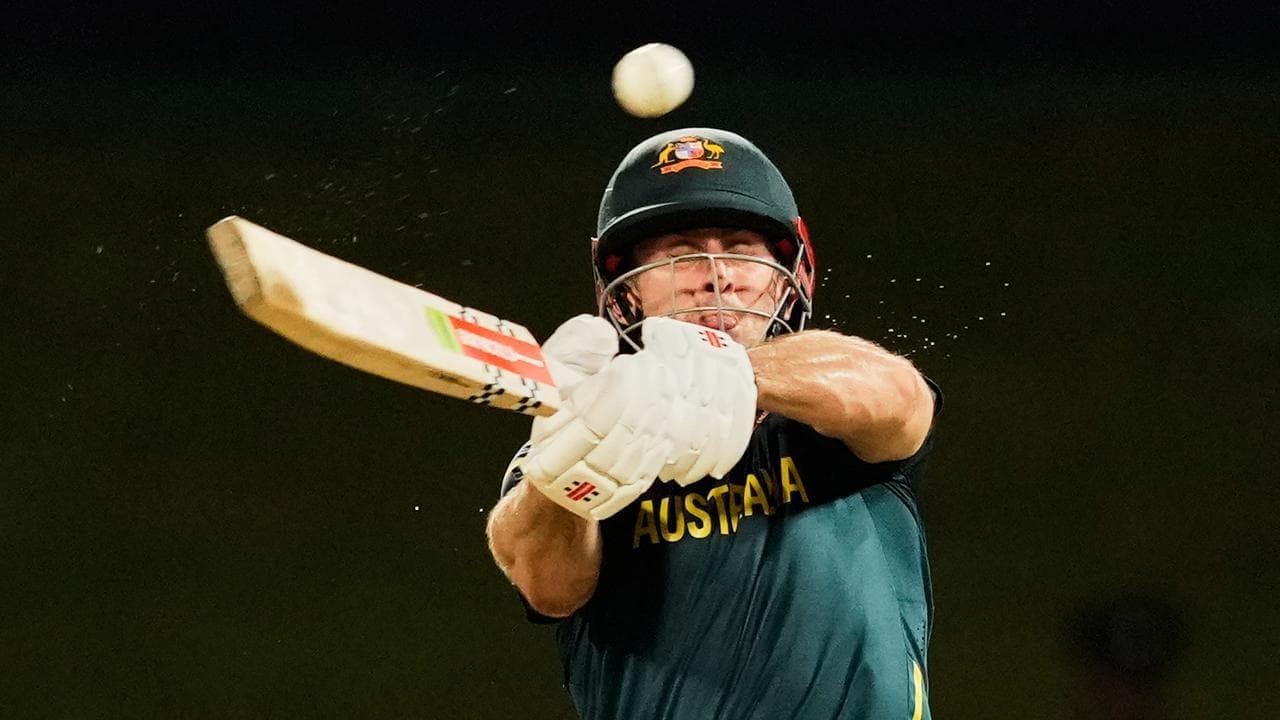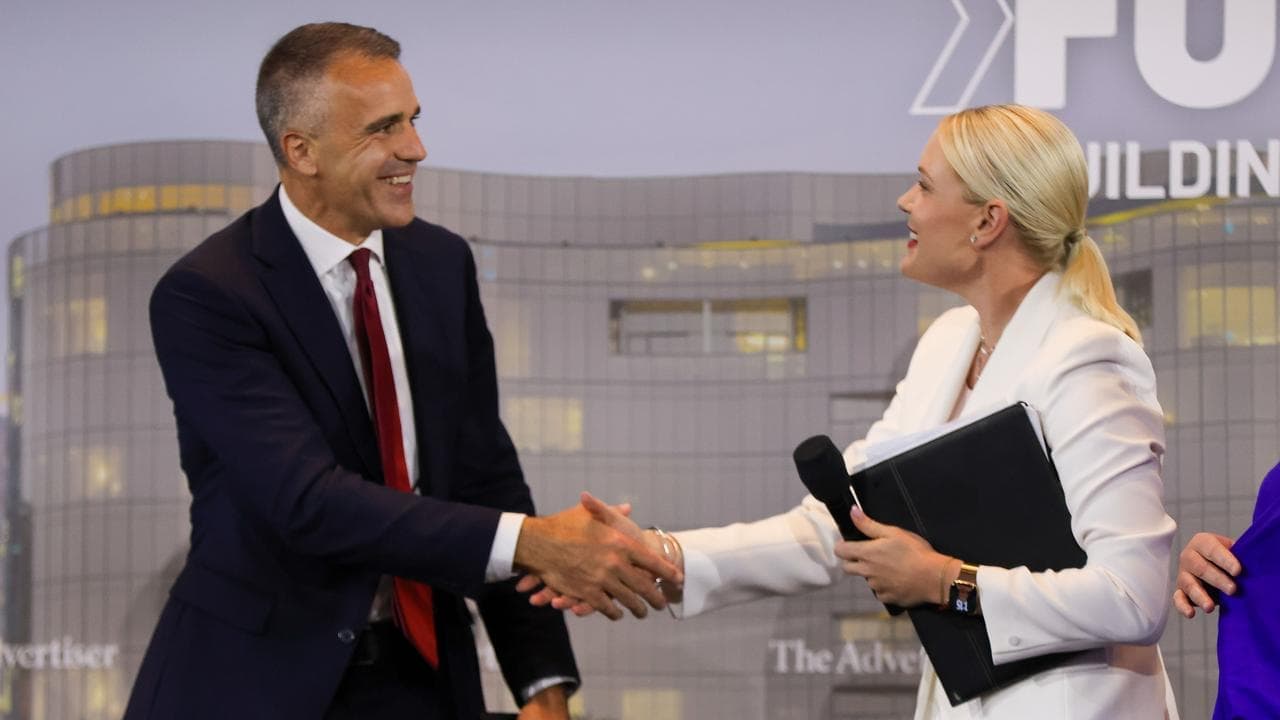WHAT WAS CLAIMED
In 2006 World Health Organisation (WHO) members signed away governance in the event of a ‘level four pandemic’.
OUR VERDICT
False. The agreement referred to, from 2005, does not give the WHO power to act within a member state.
A psychiatrist claims Australia and other members of the World Health Organisation (WHO) signed away governance in the event of a "level four pandemic" more than a decade ago.
Dr Rima Laibow made the claim as part of a wide-ranging interview with anti-vaccine activist Maria Zeee which was linked from Zeee's Facebook page, with the full version on her website.
But the claim is false. Experts told AAP FactCheck there is no such thing as a level four pandemic and, even so, the WHO cannot force member states to do anything.
Dr Laibow refers to "globalist plans" that have already been laid out in the interview, telling Zeee: "For example, on July 14, 2006, every country that was then a member of the World Health Organisation signed an agreement … saying in the event of a level four pandemic - undefined, anybody could call a level four pandemic for no reason or any reason - in the event of a level four pandemic, all world governance devolves to the World Health Organisation" (video mark 37min 4sec).
AAP FactCheck contacted Dr Laibow for evidence to support her claim. She said that she had misspoken in saying the agreement was from 2006.
"It was actually 2005 and it was signed by 196 countries," she said in an email, citing the WHO's International Health Regulations (2005) Third Edition.

According to the WHO, the IHR (2005) "provide an overarching legal framework that defines countries' rights and obligations in handling public health events and emergencies that have the potential to cross borders".
On page 59 is a list of the signatories to the IHR (2005) followed by the reservations made by some of those signatories (page 60).
Experts in global health politics and policies told AAP FactCheck the IHR (2005) has no power to force member states to do anything.
Professor Jeremy Youde, dean of the Arts, Humanities and Social Sciences at University of Minnesota Duluth, said there was no truth to the video's claim as evidenced by "the willingness of some states to go against WHO's recommendations on outbreaks like swine flu, Ebola, and COVID-19 and the inability of the WHO to sanction those states for doing so".
"The fundamental issue to keep in mind is that the WHO cannot force states to do anything," he said via email.
"It can advise, it can encourage, and it can recommend - but it has no military, political, or financial power that it can exert over states to force them to do anything they do not want to do."
Prof Youde said Dr Laibow's claim mirrors recent conspiracy theories about a proposed pandemic treaty, especially as expressed in an interview by Steve Bannon with former congresswoman Michele Bachmann, which AAP FactCheck investigated in May.
Professor Anthony Zwi, a global health and policy expert at the UNSW Sydney, said nowhere does the IHR (2005) state that the WHO can take control and institute measures that "have not been agreed by sovereign countries".
Citing a January 2022 statement on the 10th meeting of the IHR (2005) Emergency Committee on the COVID-19 pandemic, Prof Zwi said in an email: "Look at the sorts of recommendations towards the bottom of this media release. The advice is framed as recommendations and offers guidance and support to individual countries to take these actions forward.
"It does not force them to undertake any action but provides guidance, advice, recommendations and frames the evidence and considerations they ought to take into account in relation to their particular context."

A WHO spokeswoman told AAP FactCheck the claim is false, stating the IHR only requires states to notify WHO of health threats "with potential to cause a public health emergency of international concern".
Dr Jessica Kirk, a postdoctoral research fellow at the Centre for Governance and Public Policy, Griffith University, whose research examines the politics of disease outbreaks and pandemics, said there was no such rating system in the WHO that included a "level four pandemic", as claimed by Dr Laibow.
"The WHO does have a pandemic influenza preparedness and response plan that contains a series of phases to identify a pandemic, with a 'phase 4' in this 6-phase system, but phase 4 is not even the pandemic stage (which is phases 5 and 6)," Dr Kirk told AAP FactCheck via email.
"In fact, the term 'pandemic' itself is actually not legally important for the WHO or its member states. In (and) of itself, it does not trigger any kind of automatic action. It is simply a description of a disease with global spread.
"The WHO's highest category for a global health emergency is the Public Health Emergency of International Concern (PHEIC), which is supposed to trigger response in member states. But even here, the WHO only has the power to recommend responses."
The Verdict
The claim that member states signed away governance to the WHO in the event of a 'level four' pandemic in 2006 is false. The IHR do not give the organisation the power to act within a member state, experts confirmed to AAP FactCheck. There is also no such WHO rating system that includes a 'level four pandemic'.
False – The claim is inaccurate.
AAP FactCheck is an accredited member of the International Fact-Checking Network. To keep up with our latest fact checks, follow us on Facebook, Twitter and Instagram.












